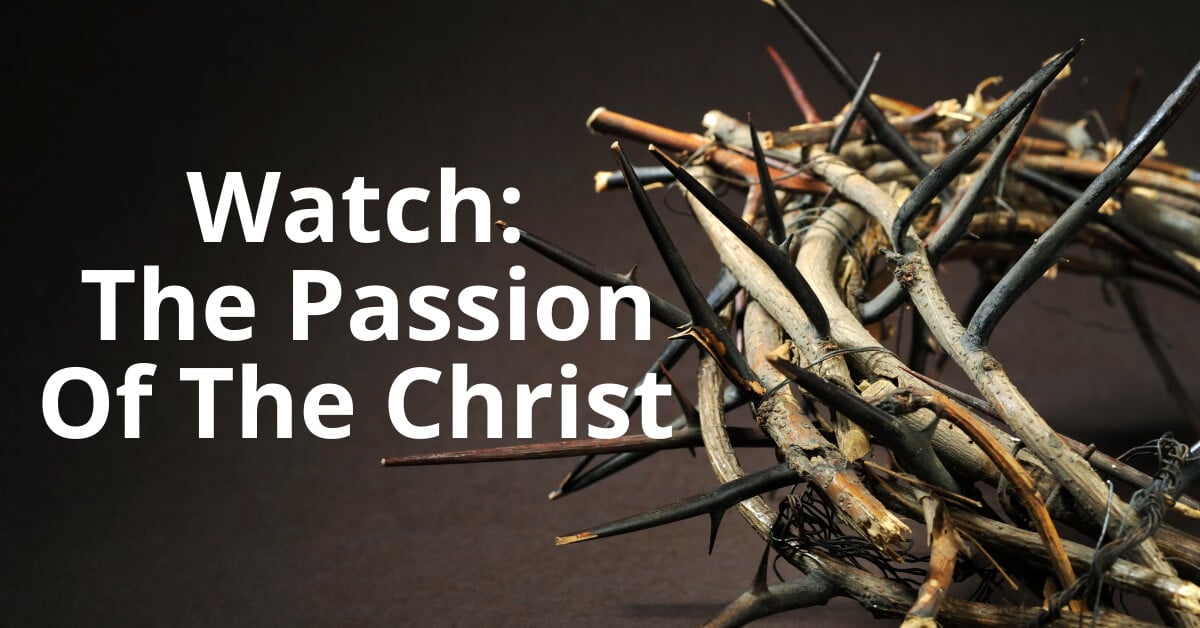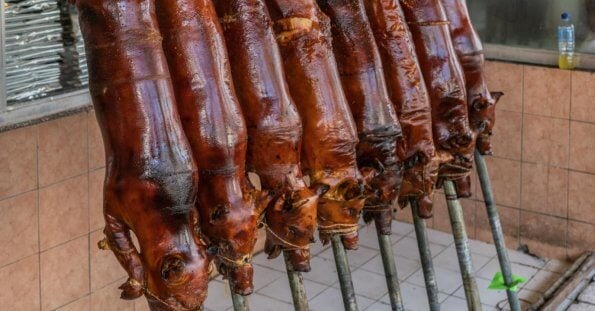Sure! Holy Week is a significant religious observance in the Philippines, and one of the most important events during this period is the Passion of Christ. The Passion refers to the events that took place during the final days of Jesus Christ’s life, leading up to his crucifixion and resurrection.
The Passion narrative tells the story of Jesus’ last supper with his disciples, his arrest and trial before Pontius Pilate, his torture and crucifixion on Good Friday, and his resurrection on Easter Sunday. It’s a story of sacrifice, love, and redemption that holds deep spiritual meaning for Christians around the world.
For many Filipinos, Holy Week is a time of solemn reflection, prayer, and penance. It’s an opportunity to remember the suffering of Christ and to contemplate the meaning of his sacrifice. Many people participate in traditional religious practices during this time, such as the Stations of the Cross, a prayerful meditation on the events of the Passion.
In the Philippines, the Passion of Christ is also celebrated through various cultural and artistic expressions. One of the most famous examples is the reenactment of the Passion, which takes place in many towns and cities across the country. These reenactments, called “Senakulo” in Tagalog, involve local actors portraying the events of the Passion in elaborate performances that can last for hours.
The Passion of Christ is a significant event in the Christian faith, as it tells the story of Jesus’ ultimate sacrifice for humanity. It serves as a reminder of the depth of God’s love for us, and the lengths to which He was willing to go to redeem us from sin and death.
In the Philippines, the Passion of Christ holds a special significance during Holy Week, which is a time of deep religious reflection and devotion. The country is known for its elaborate and moving reenactments of the Passion, where actors portray the events leading up to Christ’s crucifixion and resurrection.
The reenactments, known as “Senakulo” in Tagalog, are often performed in the streets and involve a large cast of actors and spectators. They are highly emotional and intense, and aim to recreate the experience of witnessing the events of the Passion firsthand.
For many Filipinos, participating in these reenactments or watching them is a way of connecting with the story of Christ’s sacrifice on a deeper level. It allows them to experience the events in a more tangible way and to reflect on their own spiritual journey and relationship with God.
In addition to the reenactments, Holy Week in the Philippines is also marked by other religious practices, such as the Stations of the Cross, processions, and the recitation of the Passion narrative. These practices serve to deepen the connection between believers and the story of Christ’s Passion, and to reinforce the message of love and sacrifice that lies at the heart of the Christian faith.
In summary, the Passion of Christ holds great importance for Christians during Holy Week in the Philippines. It’s a time to reflect on the ultimate sacrifice of Jesus Christ and to contemplate the meaning of his resurrection. Whether through traditional religious practices or artistic expressions, the Passion is celebrated and remembered throughout the country as a profound and meaningful event.
























